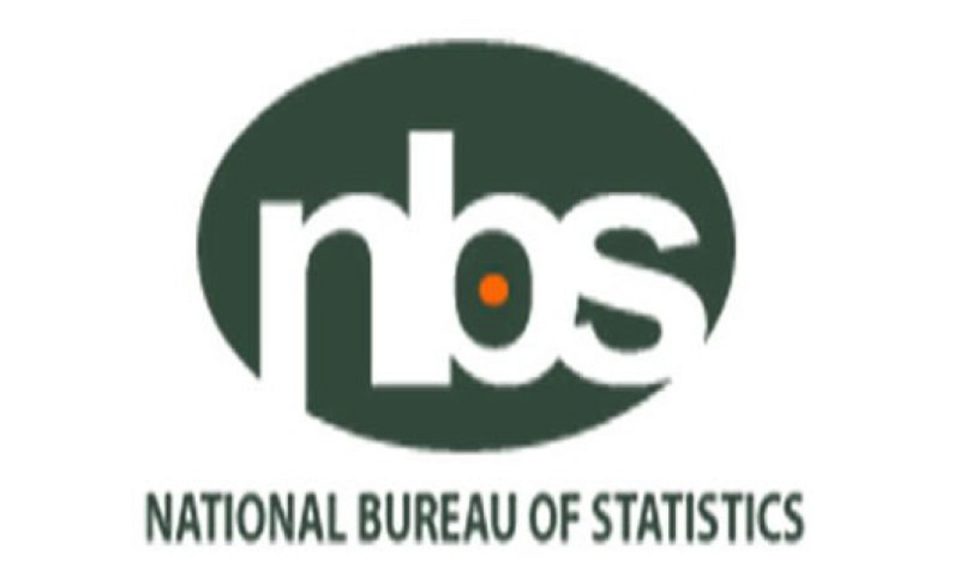Inflation, hardship weakened Nigerians’ spending in 2022 – NBS
The National Bureau of Statistics has disclosed that household final consumption grew by -12.47 per cent in the fourth quarter of 2022 compared to the 7.30 per cent growth rate of Q4 2021.
This disclosure was contained in the new Nigerian Gross Domestic Product Report (Expenditure and Income Approach) for Q3 and Q4 2022.
The report read, “On an annual basis, 2022 grew by -4.07% compared to 25.65% in 2021.”
This consumption, which consists of expenditure incurred by resident households on individual consumption goods and services, accounted for 65.17 per cent of real GDP at market prices in Q3 of 2022 and 60.25 per cent in Q4 of 2022, according to the NBS.
According to the Organisation for Economic Co-operation and Development, household spending is the amount of final consumption expenditure made by households to meet their everyday needs, such as food, clothing, housing (rent), energy, transport, durable goods, health costs, leisure, and miscellaneous services.
Despite the negative growth rate, rising inflation drove Nigerians’ consumption expenditure to N130.08tn in 2022.
This was an increase of N21.61tn or 16.61 per cent when compared to N108.47tn in 2021.
Nigeria’s inflation rate increased for the fourth consecutive month this year to 22.22 per cent in April from the 22.04 per cent recorded in March, maintaining its 17-year high rate.
The April 2023 inflation rate increased by 0.18 percentage points compared to the March 2023 headline inflation rate.
Similarly, on a year-on-year basis, the headline inflation rate was 5.40 percentage points higher than the rate recorded in April 2022, which was 16.82 per cent.
The NBS, in its Commodity Price Index report for April 2022, disclosed that key sectors that drove up inflation figures were food and alcoholic beverages, housing, water, electricity, gas and other fuel, clothing and footwear, and housing.
The Deputy-President of the Lagos Chamber of Commerce and Industry, Gabriel Idahosa, recently said the previous government had failed to tackle inflation.
He, however, expressed optimism that if the new government gets its economic policies right, the country may begin to see a slowdown in the inflation rate by the third quarter of the year.
The Vice President of the Nigerian Association of Small-Scale Industrialists, Segun Kuti-George, blamed the over-importation of foreign goods as the primary driver of inflation in the country.




